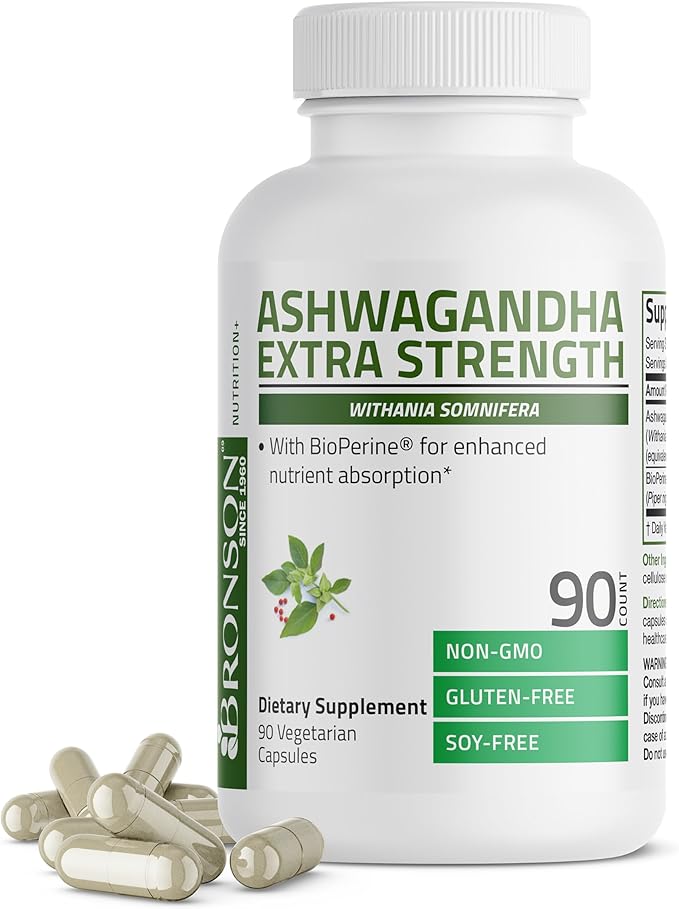Can you take Alpha Linolenic Acid and d-Alpha form of Vitamin E together?
Interaction Details
Taking Alpha Linolenic Acid and d-Alpha form of Vitamin E together has the potential for good synergy, suggesting a rating of 4 out of 5.
Alpha Linolenic Acid (ALA), an omega-3 fatty acid, and d-Alpha Tocopherol, a form of Vitamin E, both play significant roles in antioxidant activity and cellular health. Vitamin E is known for its role in protecting cells from damage and supporting skin health, while ALA contributes to heart health and has anti-inflammatory properties. When taken together, their antioxidant properties may complement each other; Vitamin E can help recycle and maintain the antioxidant activity of other antioxidants, potentially enhancing the effects of ALA. Additionally, both compounds can influence the expression of genes involved in inflammation and oxidative stress, potentially leading to a synergistic reduction in inflammation and improvement in cellular health.
Potential Benefits
Potential Risks
Alpha Linolenic Acid
Alpha-Linolenic Acid (ALA) is an omega-3 fatty acid found in plant-based foods such as flaxseeds and walnuts. It is considered an essential fatty acid because the human body cannot produce it on its own.
Some benefits of ALA include supporting heart health and reducing inflammation.
d-Alpha form of Vitamin E
d-Alpha form of Vitamin E is a naturally occurring antioxidant that protects cells from damage, supports skin health, and promotes immune function.
